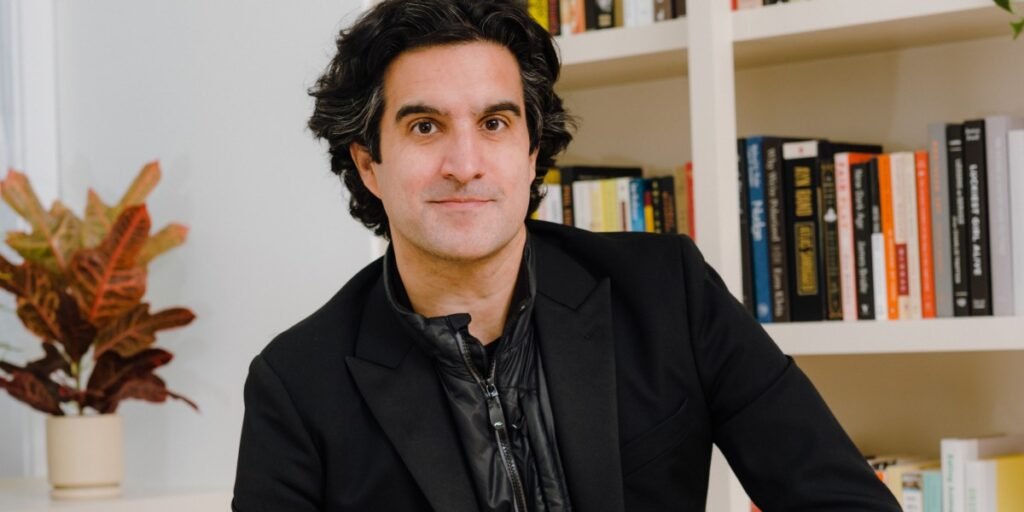In this biweekly column, Andy Dunn, founder and CEO of Bonobos and Pie, offers advice on leading teams, building things, and surviving startup life.. Have a question for Andy? Ask it here.
How much should you pay yourself as a founder, and what should the pay levels be for your company and you? —AL
Here’s some inside information: I’ve looked at some compensation studies with pretty large data sets on founder and CEO compensation depending on the stage of the startup.
While I’m not quoting from any specific company, here’s my rough sense of where a founding CEO might be at in terms of annual salary at each stage.
$60,000: Bootstrapping or friends and family round stage
$80,000: Pre-Seed
$100,000: Seed
$140,000: Series A
$175,000: Series B
$200,000: Series C
$250,000: Series D and beyond
$300,000: Maximum
Whatever you do, make sure your compensation demonstrates a balance of humility, fairness with the rest of the team, and the fact that you, as a founder, hold significant equity.
In the early days, your salary may be below the cost of living. If so, use this financial stress as an extra motivation to get to Series A so you can receive a stable mid-six figure salary.
Be honest with yourself about cost of living too: if it’s more expensive than what you technically need, the company shouldn’t cover the cost of that choice.
At my new company, Pie, this is a big reason why we restructured our team in Chicago: everything is cheaper here compared to the Bay Area or New York City, and we’re poised to achieve more because of it.
I’m currently in the process of starting my own company. Do you think that those of us at the beginning of our startup journey should already have an eventual acquirer in mind? If not, at what point in the journey should we start thinking about our ideal acquirer? —Anu
There are two schools of thought on this.
A VC mindset goes something like this: “If the founders have a slide deck of what companies they can sell to, don’t back that company. If you think about the end in the beginning, the end value won’t be as great.”
Conversely, wouldn’t showing some pragmatism about who the buyer would be demonstrate the right clash of fantasy and reality in the founder’s mind?
I remember when I co-founded Bonobos, I didn’t have an eventual acquirer in mind. If I had, I might not have started the company. Menswear apparel exits are rare. The scope of buyers is narrow. In theory, it’s better to start a company in a market with potential acquirers at a $100B market cap than with under-funded acquirers with their own problems at less than $1B.
I remember thinking that Gap or J. Crew would be the logical buyers for Bonobos. Then, as Bonobos grew, I realized that our success was out of reach for those companies. When we sold to Walmart, Bonobos’ relative valuation was 0.06% of Walmart’s. Selling to Gap at the time would have resulted in 5% dilution.
So in our case, we were glad we hadn’t thought about that. The angel investors got a 16x return on their investment. The Series A investors got a 6x return on their investment. These were solid returns that might not have been realized if we had studied how rare apparel exits are outside of athleisure and athletics.
At Stanford Business School, I learned that there are three reasons people start companies: to make money, to build a business, and to change the world, and the people who do the most good are those who are motivated by all three.
On the other hand, founders with a pure sense of mission aren’t always the most successful, and a lack of capitalist or commercial instincts can sometimes lead to downstream problems.
For private equity backed companies, it’s anyone’s guess who the acquirer will be. For venture equity backed startups, I would recommend that founders not think about acquisition for at least 5 years. It’s important to remember that some great startups are in new markets where it’s impossible to predict who the buyer will be. Also, the eventual acquirer may be from the same group of startups.
And the best case scenario? An IPO! In that case, nobody cares who buys it.
To stay up to date on venture capital and private equity deals and dealmakers, subscribe to our Term Sheet newsletter, delivered every weekday. Sign up here.

